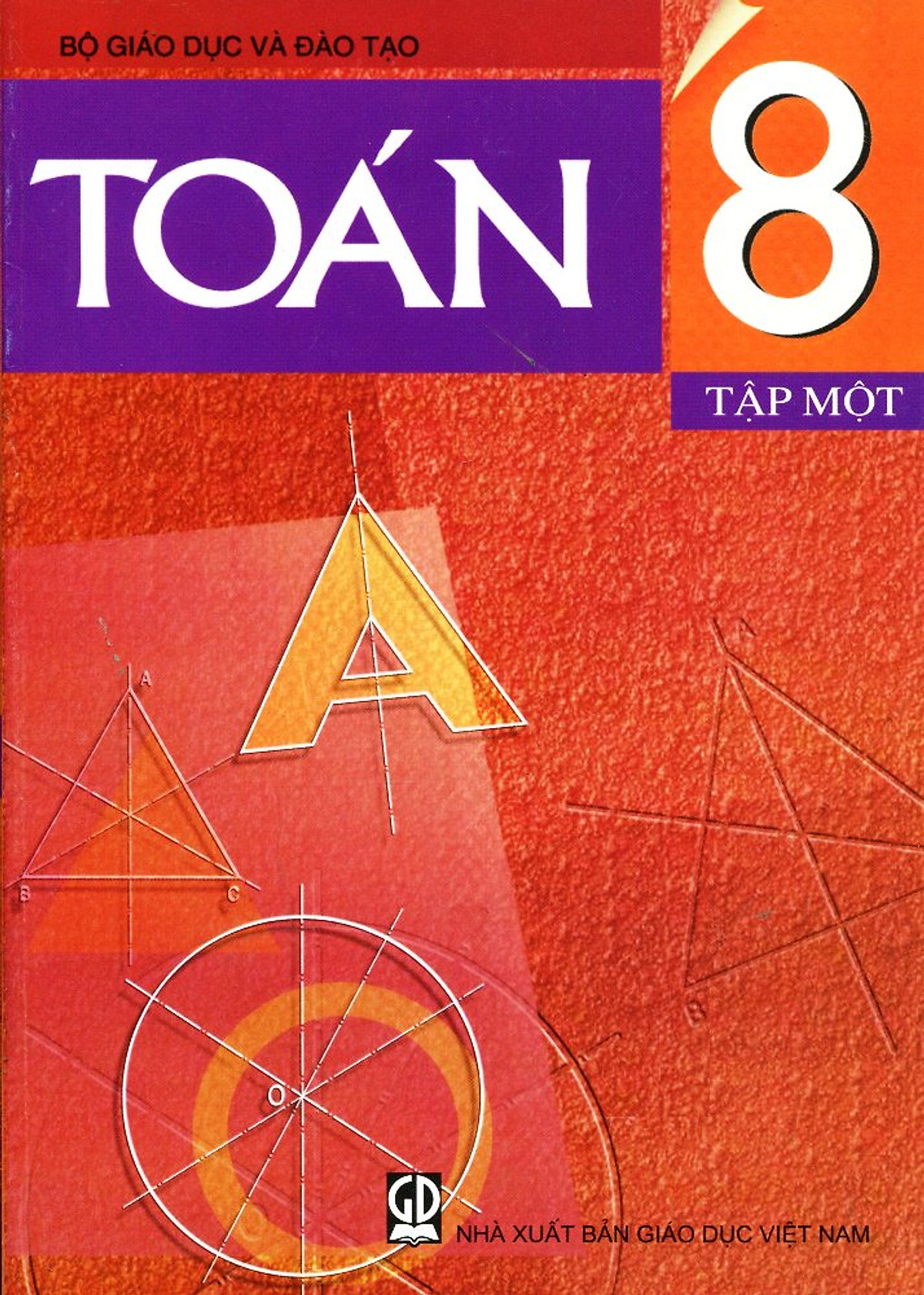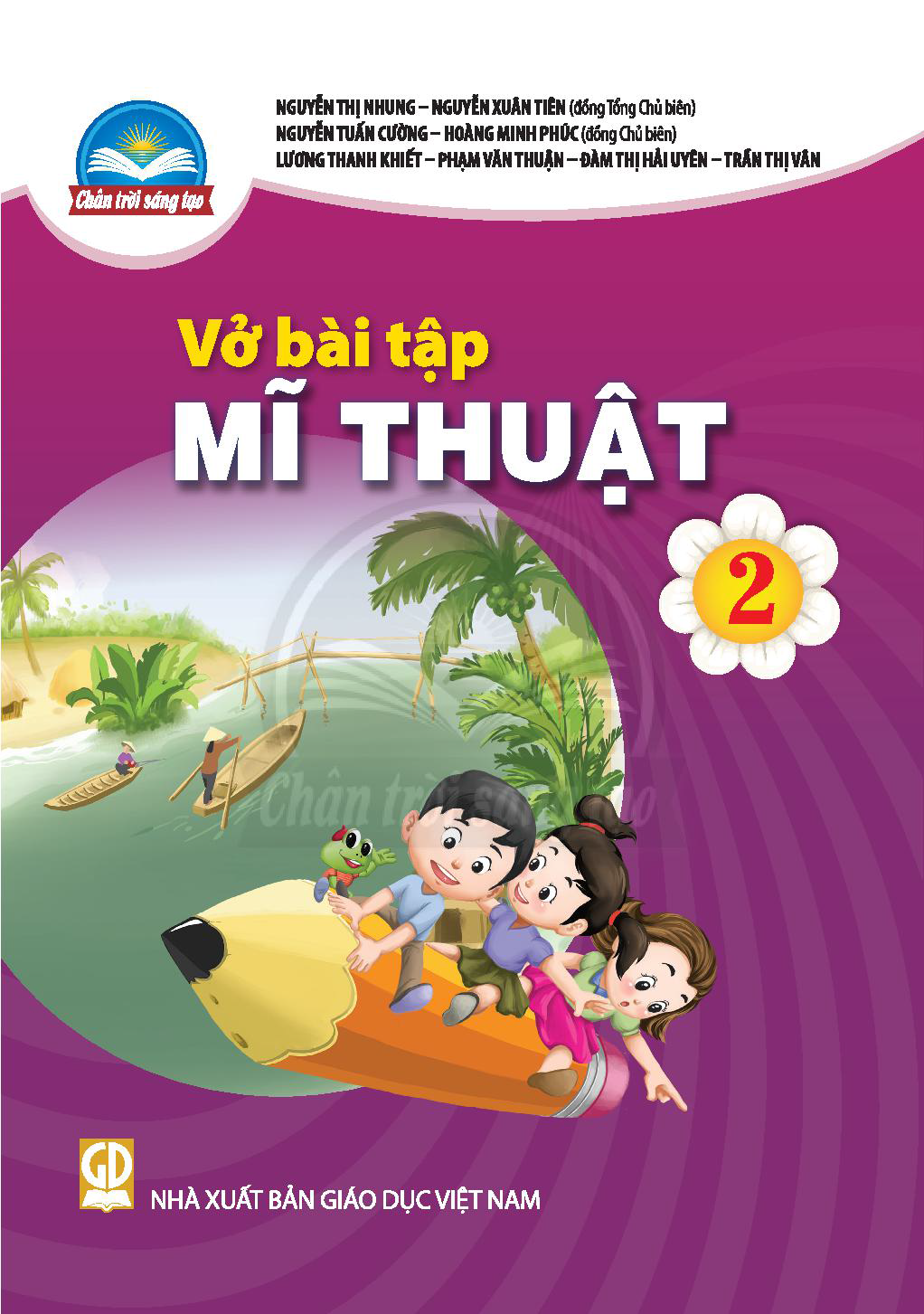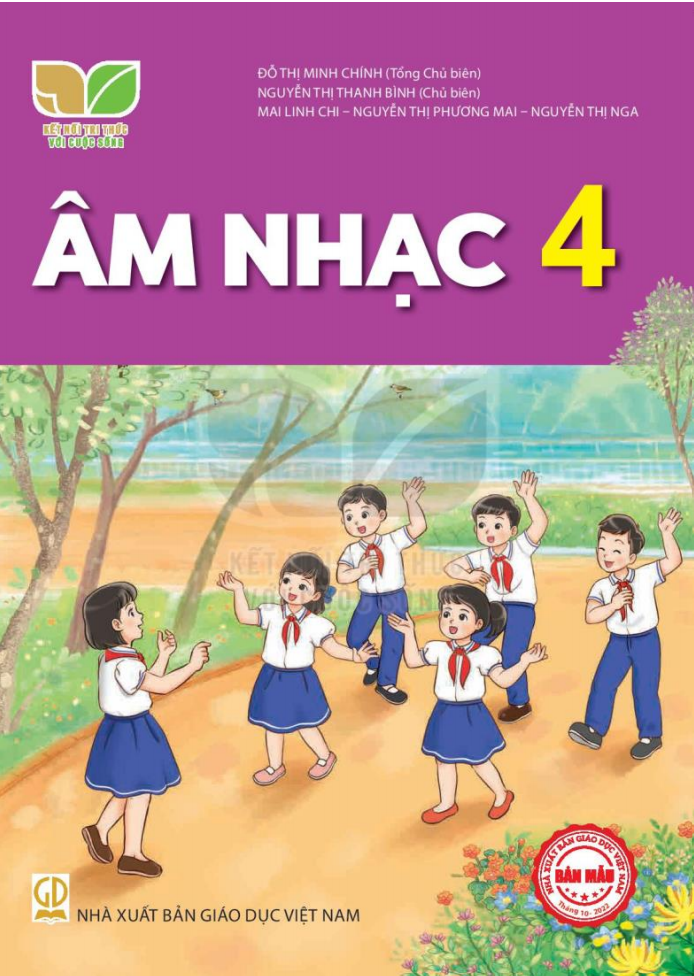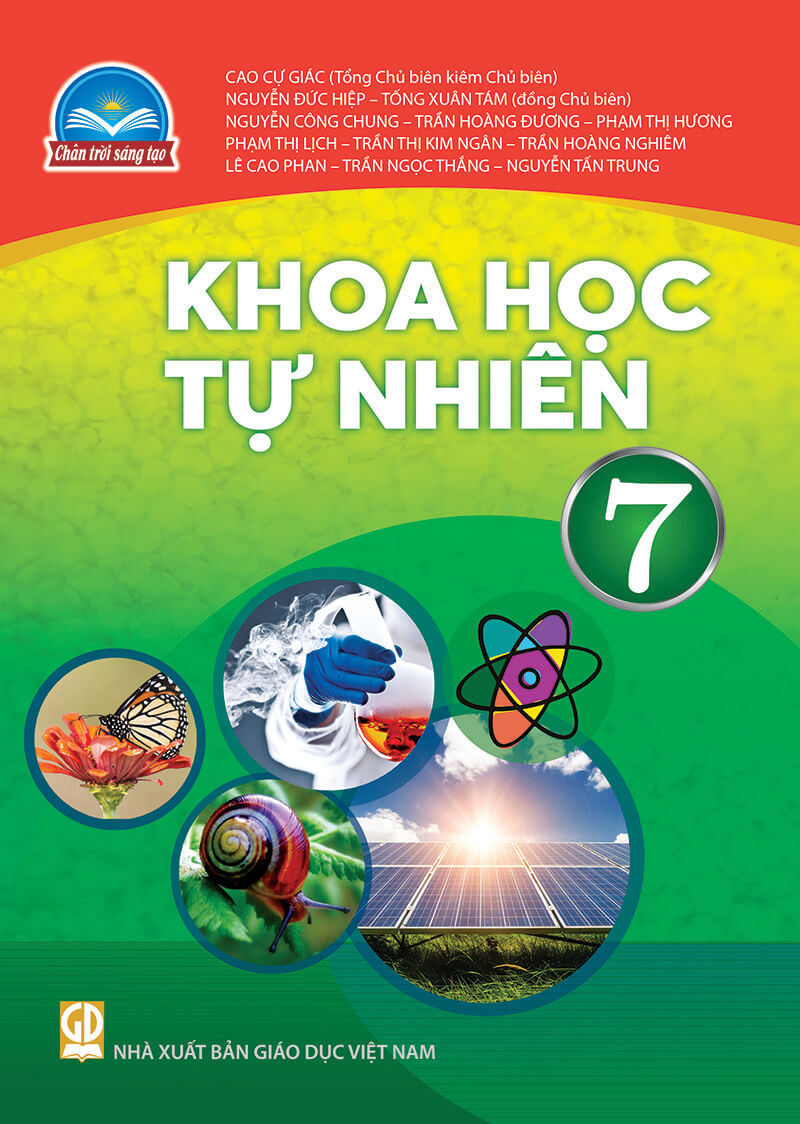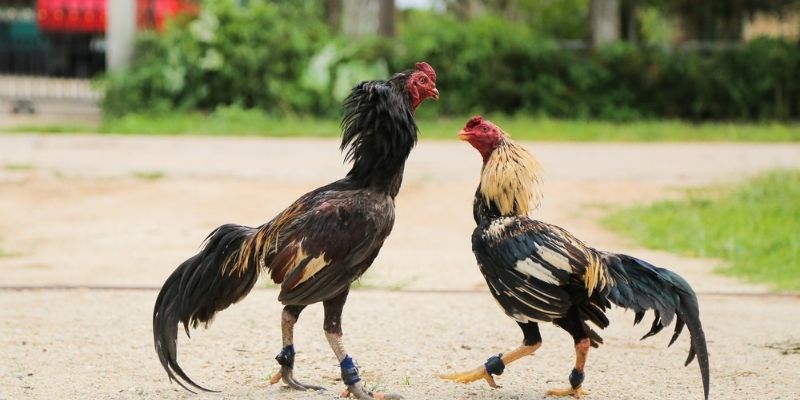(Page 76)
👉 COMMUNICATION
Everyday English
Asking for clarification
- Listen and read the dialogue, paying attention to the highlighted sentences. 🎧
Mi: Hey, Linda. What does 'endangered species' mean?
Linda: Endangered species are animals in the wild that face a high risk of extinction.
Mi: And what do you mean by 'in the wild'?
Linda: That means animals that live in their natural habitats, not in zoos.
Mi: Oh, I get it now. Thanks, Linda. - Work in pairs. Make similar conversations to ask for and give clarification for the following.
- single-use products
- global warming
Earth day - Read the passage and tick (✓) the correct answers.
Every year in April 22nd, more than 190 countries celebrate Earth Day to protect the planet. The first Earth Day started in 1970 in America. Today more than 1 billion people participate in Earth Day activities each year, making it one of the largest movements. By taking part in activities like picking up litter and planting trees, you can help protect nature and the environment. You can also do things like buying green products and practising reduce, reuse and recycle. We can celebrate Earth Day and protect the earth at the same time. Moreover, we should continue doing things to save the earth day of the year.
(Page 77)
What activities do people don on Earth Day?
1. picking up litter ⬜
2. protecting endangered species ⬜
3. planting trees ⬜
4. buying green products ⬜
5. helping neighbours ⬜ - Work in groups. Match the activities people do on Earth Day with their results.
1. planting trees a. making our environment clean, reducing pollution 2. buying green products b. reducing global warming protecting animal habitats 3. picking up litter c. saving electricity to save natural resources 4. turning off the lights d. improving our health, reducing pollution - Work in pairs. Ask and answer about the things you and your friends do on Earth Day.
Example: A: What do you do on Earth Day?
B: We pick up litter and clean the streets. And you?
A: ...





